Operations research (OR) is a field that aims to achieve more complete datasets, consider all available options, predict all possible outcomes, and estimate risk. It involves various tools and practices that can be tailored to specific business processes or use cases to determine the most appropriate techniques for solving problems. The ultimate aim of OR is to optimize.
Course Overview
In this course, we will explore various tools and practices of operations research with the ultimate aim of optimizing problems and increasing productivity. The course is divided into several sections:
Linear Programming Problems (LPP)
In this section, we will learn how to optimize problems using methods such as the graphical method, slope method, and simplex method. We will also cover topics such as binding constraints and certain special cases.
Transportation and Assignment Problems
In this section, we will focus on optimizing transportation-related problems. We will explore popular methods such as the N-W corner rule and Vogel's approximation method. Additionally, we will delve into the Hungarian method for solving assignment problems.
Sequencing
The sequencing section will cover topics such as optimizing n jobs in one machine using the Shortest Processing Timerule (SPT) or the Earliest Due Date rule (EDD). We will also discuss optimizing n jobs in two machines.
Queuing Theory
Queuing theory is the mathematical study of queues. In this section, we will explore queuing terminologies such as arrival rate, service rate, calling population, and more.
Network Analysis: PERT and CPM
Network analysis using the Program Evaluation and Review Technique (PERT) and the Critical Path Method (CPM) is essential for project planning and execution. We will cover these topics in detail.
Conclusion
The main objective of this course is to provide you with a solid understanding of the academic aspects of operations research while emphasizing practical applications. By taking this course, you will not only expand your academic knowledge but also gain insights into optimization at an industry level.
- Mechanical engineering graduates & undergraduates.
- Industrial or manufacturing engineering graduates & undergraduates.
- Professionals working in industry who want to optimize something.
- University students having OR (Operations Research) as their subject.
- Aspirants preparing for post engineering competitive examination.
- With my mechanical engineering background I was eager to learn more about LPP. This course really delivers. Thank you! ~ Ray P
- It's a great course. I took this to brush up before I went to my masters. So, I took lot of time to learn more deeper about things which are just briefed here. Go for it ~ Darshan M V
- I've not seen such a good explanation of transportation & assignment problems anywhere. Really good numerical practice as well ~ Praksah J
- Very good course for quick revision ~ Sai Krishna U
- This was marvelous. Some lectures like simplex method are needed to be re-watch to understand clearly but that's understandable. You have not only taught optimization but also optimized the course time !! Superb !! ~ Prayag S
- Its really amazing that someone can make this tough subject so easier to grasp ~ Pradeep R
- Interesting insights about OR. Slides are also good ~ Arnab G
- Linear Programming Problem LPP - Graphical method, Slope method, Simplex method
- Transportation Problem - North-West Corner rule or DENTZY's method, Vogel's approximation method (VAM)
- Assignment Problem - Hungarian method or Flood technique
- Sequencing - Shortest Processing Time (SPT) Rule, Earliest Due Date (EDD), n jobs in 2 machines
- Queuing Theory - Mathematical study of queues, Kendall Notation
- Network Analysis - Critical Path Method (CPM), Program Evaluation Review Technique (PERT)
- No experience is needed. Just a sound background of mathematics.
- The most important trait - "A keen & curious mind".






 Full lifetime access
Full lifetime access  Access on laptop,
tablet and mobile devices
Access on laptop,
tablet and mobile devices  Certificate of
completion
Certificate of
completion 















